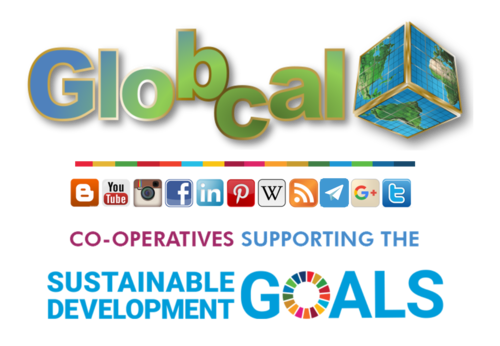Irresistible SDGs to Change our World-View
What are the Sustainable Development Goals and why do they matter?
 |
| President Barack Obama views Bear Glacier on a boat tour of Kenai Fjords National Park in Seward, Alaska Sept. 1. |
At the same time, the United Nations ran public consultations around the world and an online survey asking people about their priorities for the goals.
This summer governments negotiated a final version of the SDGs, due to be adopted by 193 countries at a Sept. 25-27 summit at the United Nations in New York. What did the MDGs achieve? The United Nations says the MDGs led to achievements including: - a drop in the number of people living in extreme poverty by more than half, to 836 million in 2015 - gender parity in primary schools in the majority of countries - a reduction in the rate of children dying before their fifth birthday by more than half since 1990 - a fall of 45 percent worldwide in maternal mortality - over 6.2 million malaria deaths averted and 37 million lives saved by tuberculosis prevention and treatment - access to improved drinking water sources for 2.6 billion people between 1990 and 2015 So why do we need the SDGs? - Around 800 million people still live in extreme poverty and suffer from hunger, with fragile and conflict-torn states experiencing the highest poverty rates - Between 2008 and 2012, 144 million people were displaced from their homes by natural disasters, a number predicted to rise as the planet warms, bringing more extreme weather and rising seas - Water scarcity affects 40 percent of the global population and is projected to increase - Some 946 million people still practice open defecation - Gender inequality persists in spite of more representation for women in parliaments and more girls going to school. If we meet the SDGs, how will the world improve? The 17 goals aim to achieve these wider aims by 2030: - end poverty and hunger everywhere - combat inequalities within and between countries - build peaceful, just and inclusive societies - protect human rights and promote gender equality and the empowerment of women and girls - ensure lasting protection of the planet and its natural resources - create conditions for sustainable, inclusive and sustained economic growth, shared prosperity and decent work for all. What's new and different about the SDGs? The United Nations says the SDGs go much further than the previous goals, because they address the root causes of poverty and pledge to leave no one behind, including vulnerable groups
They also emphasise the need to tackle climate change urgently and protect the environment through a shift to sustainable consumption and production.
The SDGs are intended to be universal, applying to all countries rather than just the developing world.
They recognise the key role of the private sector in pursuing and financing sustainable development, in partnership with governments and civil society. (Sources: United Nations Development Programme and other U.N. agencies. Further information: sustainabledevelopment.un.org )
(Reporting by Megan Rowling; editing by Katie Nguyen. Please credit the Thomson Reuters Foundation, the charitable arm of Thomson Reuters, that covers humanitarian news, women's rights, trafficking, corruption and climate change. Visit trust.org )
Take Action: Become Part of the Change!
Most involved participants will be asked to travel and use the social media to promote their work and adventures as global citizens and goodwill ambassadors.







